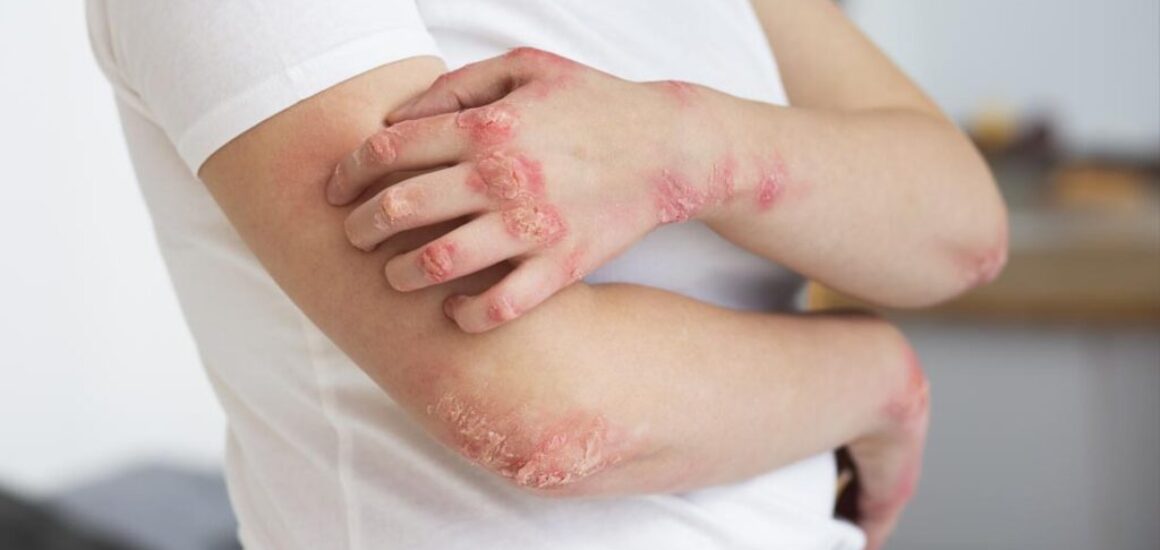Blog eczema skincare skincare tips
Eczema Is Not A Simple Skin Condition
Eczema is a very common skin condition that to this day can still present a challenge for dermatologists to diagnose and treat. Like many skin conditions, the effects of this one varies from person to person, because of how different each one’s skin is. While it is a type of dermatitis, which simply put means inflammation of the skin, it does present a series of complications. Here are three:
- Difference in Appearance -The main difference between eczema on the face and neck versus eczema on the arms of the torso is the appearance. Usually, eczema on the arms or the trunk looks dry and scaly, while eczema on the face looks like red or pink patches on the cheeks or around the mouth. However, the inverse can also be true, with scaly patches on the face, and red spots on the arms. A person’s skin tone also comes into play. Those with darker skin tone may have eczema that looks purple, brown or gray. The bottom line is that the appearance of this disease varies from person to person, making treatment a lot more complicated.
- Varied Environmental Factors – One thing a dermatologist takes into account when diagnosing and treating eczema is the person’s exposure to certain environmental factors that can aggravate the symptoms. Being around many eczema triggers, allergens, or being out in the sun for prolonged amounts of time can make eczema worse. For areas always exposed to the environment like the neck and the face, or the arms, the condition might be worse than eczema found on the torso. Other things to take into account are the potential irritants found in the products that person uses, like in shampoos, soaps, or skincare products.
- Difficulty in Diagnosis – “What could it be caused by?” is one of the questions a dermatologist will have to ask themselves when initially looking at someone’s symptoms. With so many potential irritants in the world, it’s always very difficult to distinguish between the various triggers and allergens that can cause eczema. The AAD says that there are over 15,000 substances that can cause an allergic reaction. The dermatologist might perform a patch test to determine the culprit(s). If you are prone to eczema, it’s important to know what fabrics, skincare ingredients, foods, and other substances can trigger a flare-up.




